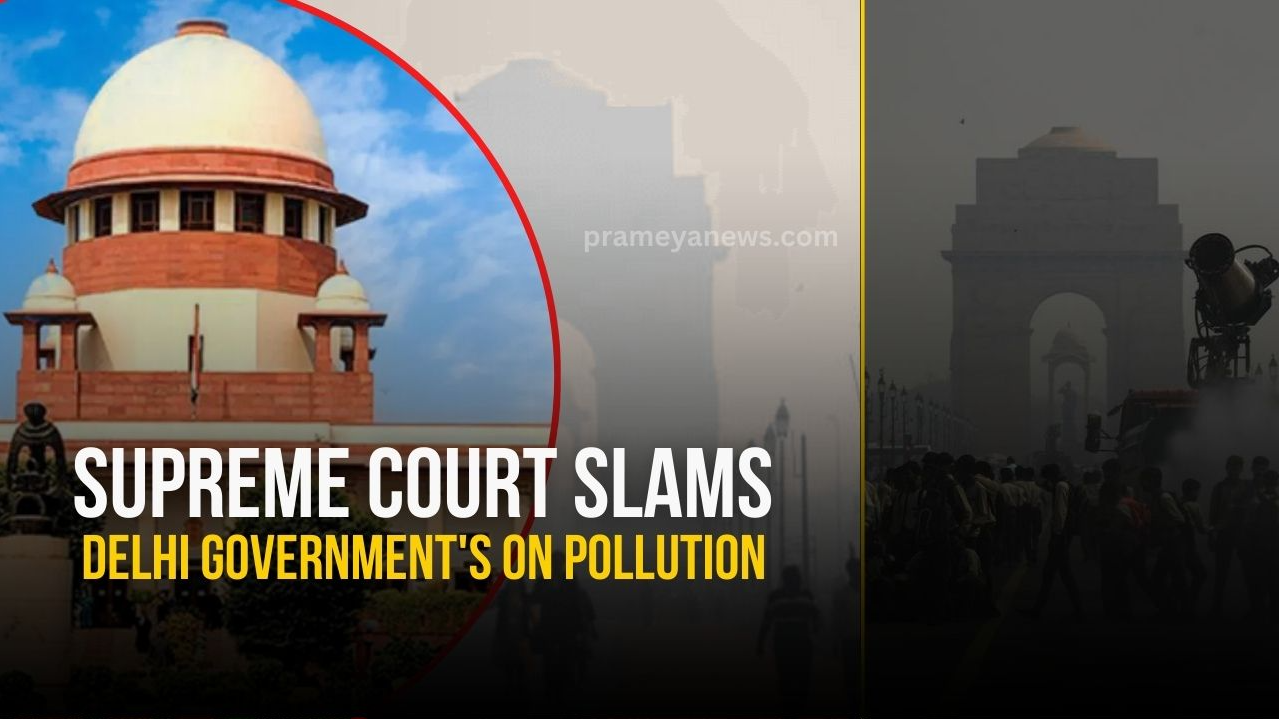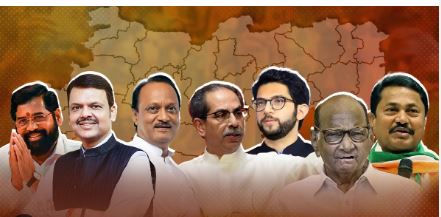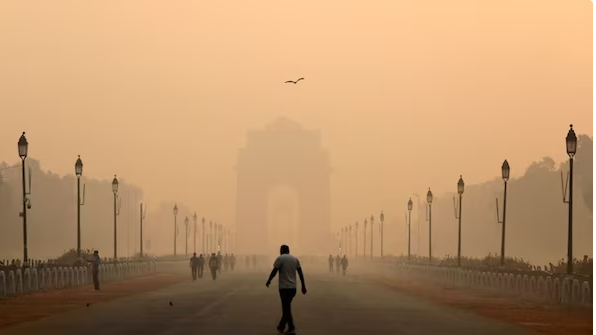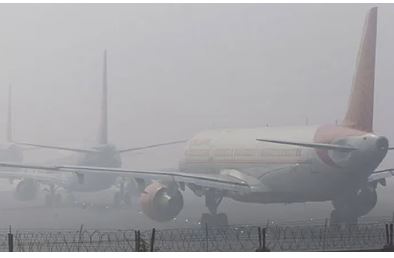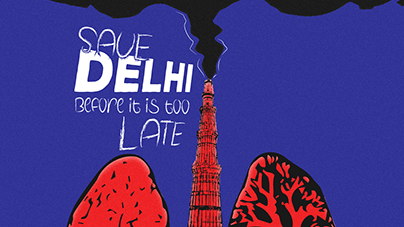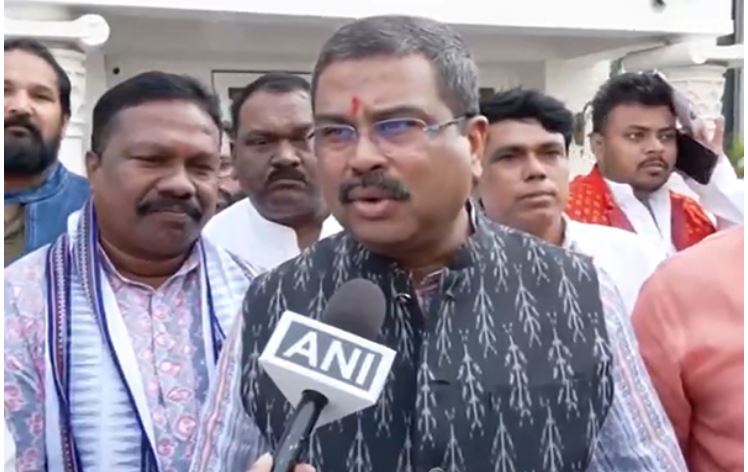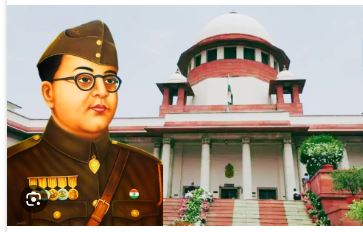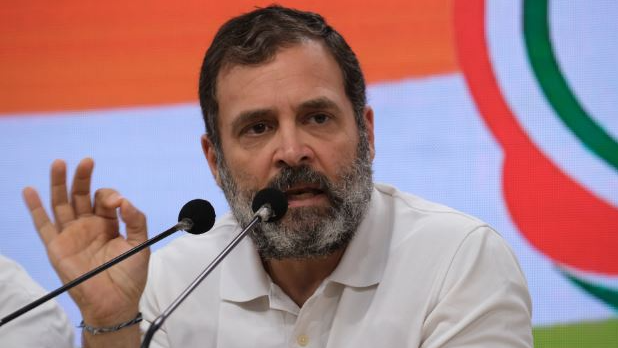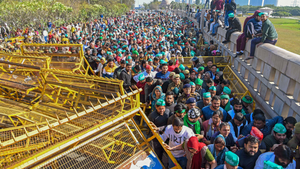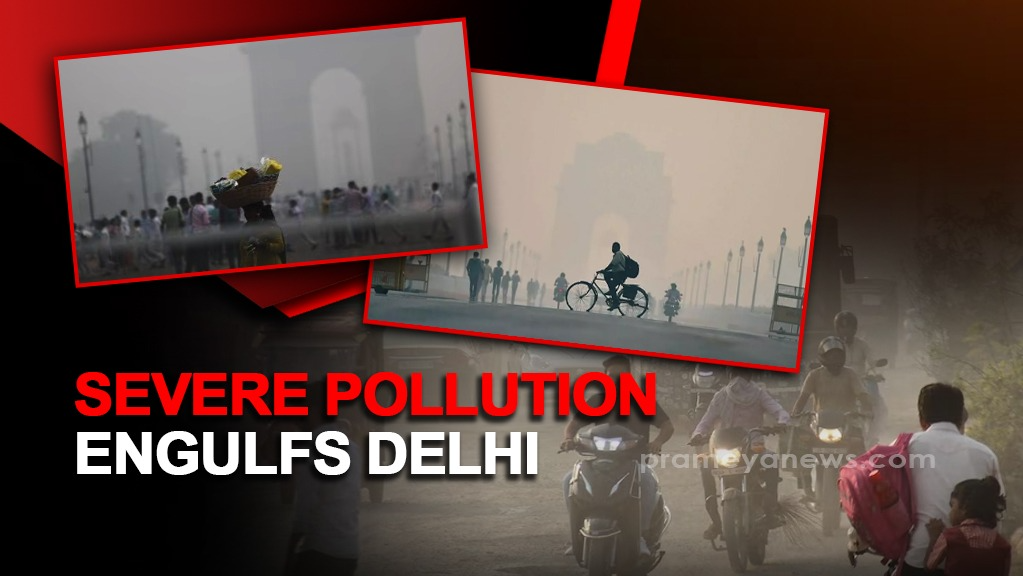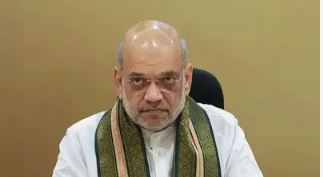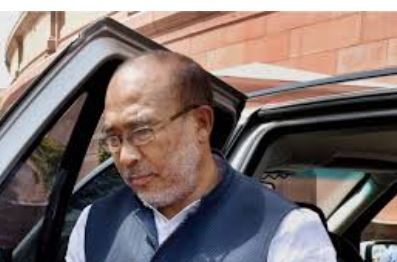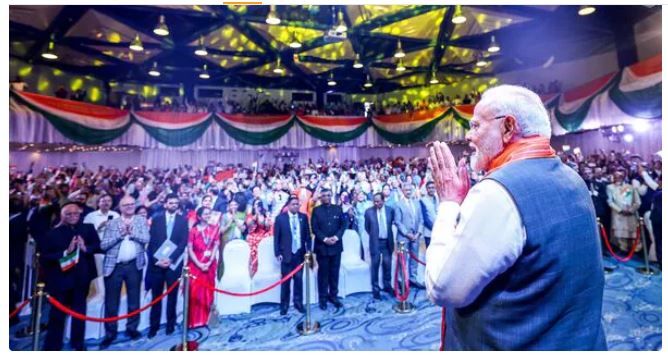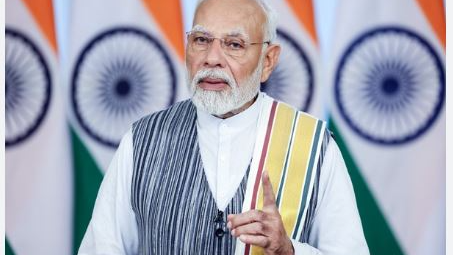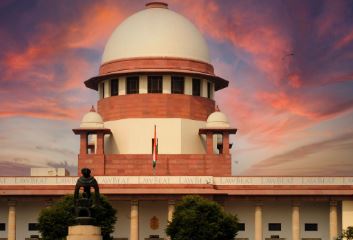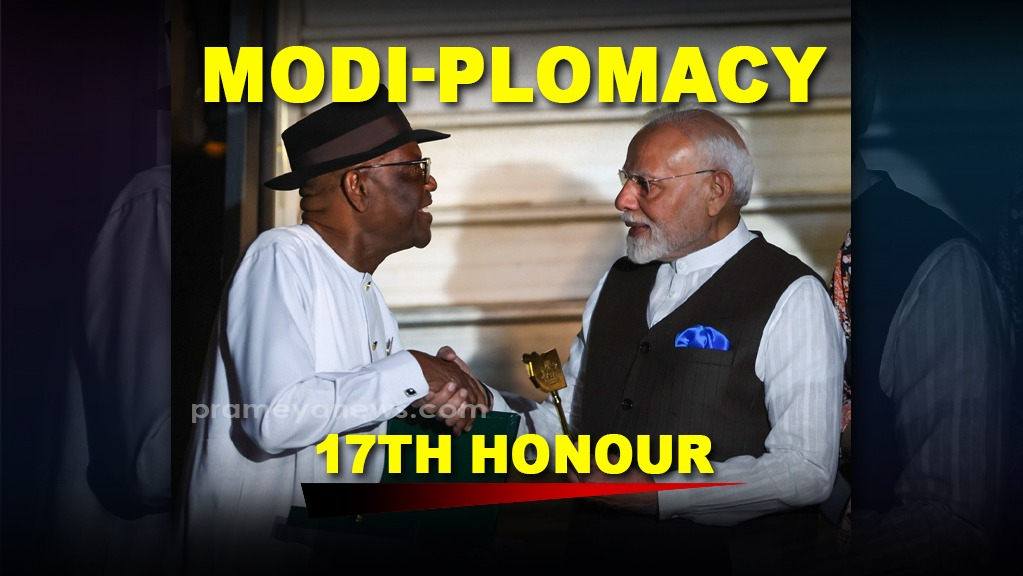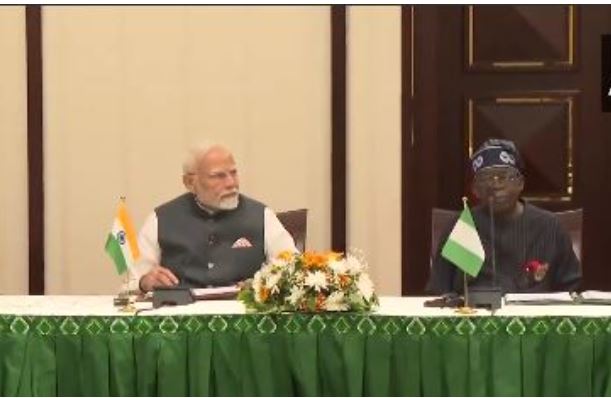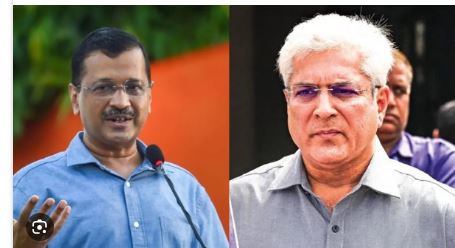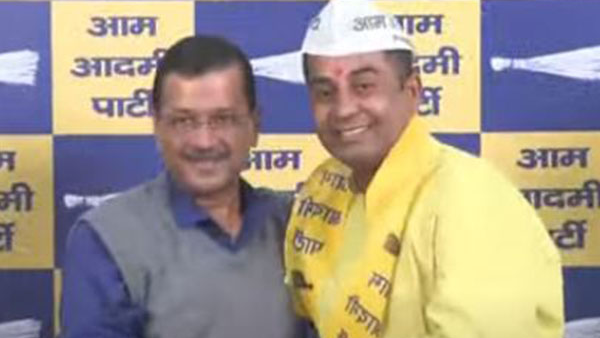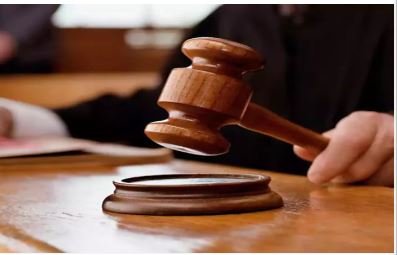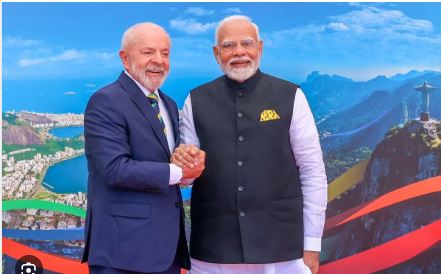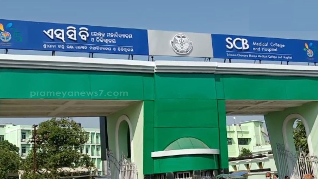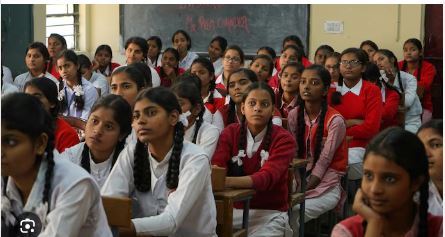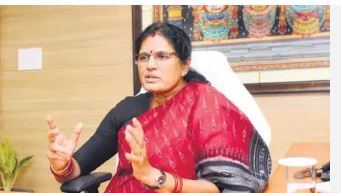A stern rebuke from the Supreme Court has put the Delhi government's pollution control strategy under intense scrutiny. Expressing grave concern over the delayed implementation of Stage 4 emergency measures, the court questioned the government's "wait-and-see" approach, emphasizing that public health should not be compromised by inaction.
Justices Abhay S Oka and Augustine George Masih voiced their disapproval, highlighting the Delhi government's failure to enforce Stage 4 of the Graded Response Action Plan (GRAP) despite the air quality index (AQI) reaching alarming levels. The bench stressed that preventive measures should be activated proactively, not reactively, to safeguard public health.
"How can you take risks in these matters by delaying the applicability of Stage 4 of GRAP?" the bench questioned the Delhi government's counsel. The court's sharp criticism underscores the urgency of the situation and the need for swift, decisive action to combat the hazardous air pollution plaguing the national capital.
The court's directive is clear: Stage 4 measures, including a ban on heavy vehicles and restrictions on construction activities, must remain in full force even if the AQI dips below the "severe plus" threshold. This sends a strong message that environmental regulations must be strictly adhered to, prioritizing public health over any perceived economic or logistical inconvenience.
This intervention by the Supreme Court comes at a time when Delhi's air quality has reached alarming levels, with AQI readings exceeding 1,500 in several areas, including Mundka, Dwarka-Sector 8, and Rohini. The city is shrouded in a thick blanket of smog, posing severe health risks to its residents. Schools have been forced to adopt online learning, and offices are operating at reduced capacity to minimize exposure to the hazardous air.
The court's condemnation of the Delhi government's delayed response serves as a wake-up call for authorities to take proactive measures to combat pollution. It highlights the need for a comprehensive and timely approach to air quality management, ensuring that public health is not jeopardized by bureaucratic delays or a lack of political will.
As Delhi grapples with this environmental crisis, the Supreme Court's intervention reinforces the importance of prioritizing public health and holding authorities accountable for their actions. It is a stark reminder that environmental protection is not merely a matter of policy, but a fundamental right that must be upheld at all costs.




